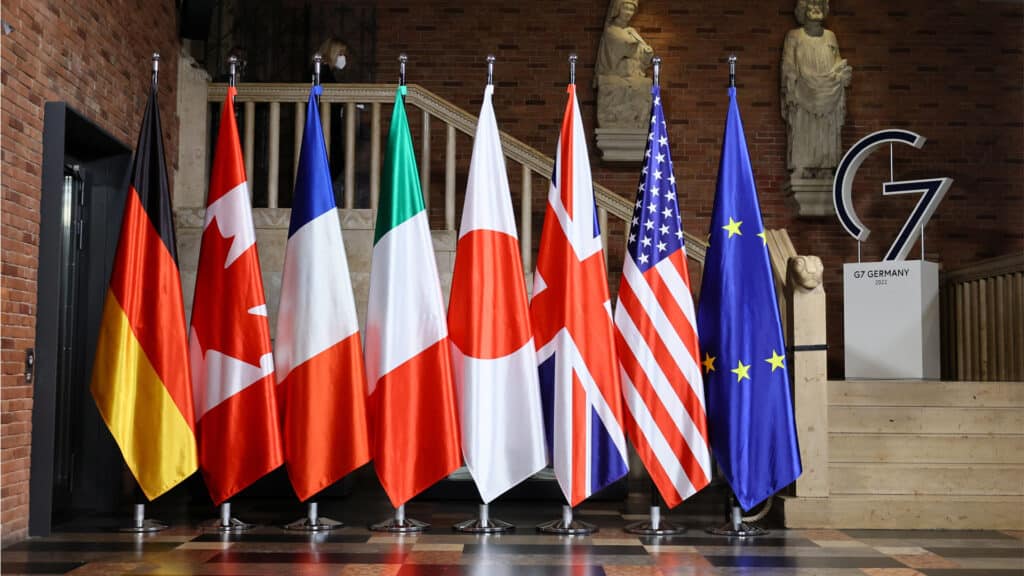G7 is ready to invest $200 billion in Central Asian infrastructure with a focus on Kazakhstan

Member states of the Group of Seven (G7) are ready to invest up to $200 billion in infrastructural projects in Central Asia. According to Helaina Matza, acting special coordinator for the Partnership on Global Infrastructure Investment (PGI), a program of the U.S. Department of State, Kazakhstan is one of the key priorities for projects like these. She made this statement during a meeting with Kazakhstani diplomats.
The core goal of the program is to diversify supply chains to ensure food and energy security in the world.
Under the program, G7 member states (Canada, France, Germany, Italy, Japan, the U.K. and the U.S.) have set a goal to invest $600 billion by 2027 in developing countries, including $200 billion in Central Asia.
At the meeting between Matza and Kazakhstan’s delegation, the two sides discussed opportunities for U.S. investments in various projects in Kazakhstan related to transport and logistics, producing clean energy, agricultural production, and the extraction and processing of rare-earth metals.
As Kursiv.media wrote earlier this month, the European Union is also going to invest €10 billion in the development of transportation systems in Central Asia. Within the framework of the EU Global Gateway initiative, the European Commission is working on a regional transportation program that should support the Trans-Caspian International Transportation Route (TITR), stretching from China to Europe through Kazakhstan, the Caspian Sea, Azerbaijan, Georgia and Turkey.
According to estimates by the European Bank for Reconstruction and Development, Central Asia needs €18.5 billion in investments for 33 infrastructural projects to improve its transport infrastructure. With 13 projects, Kazakhstan is expected to receive €5.5 billion in investments. If this initiative is implemented, the TITR’s capacity can be ramped up from the current 6 million tons to 26 million tons by 2040.

